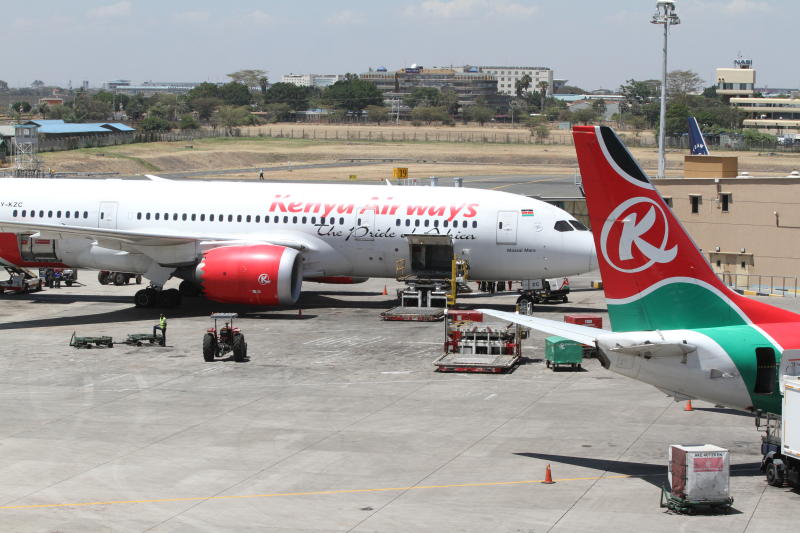×
The Standard e-Paper
Home To Bold Columnists

Kenyans are more conversant with political transitions from colonialism to uhuru and from a single party to multipartyism.
And now no partyism. The economic transition from controlled prices to the market economy called soko huru in the countryside is less publicised.